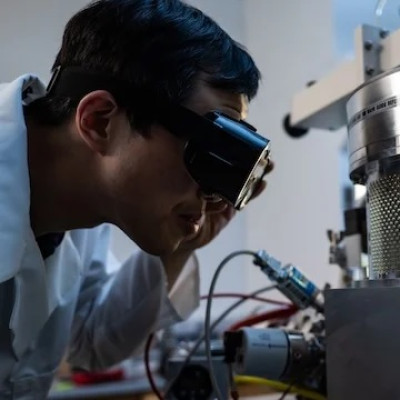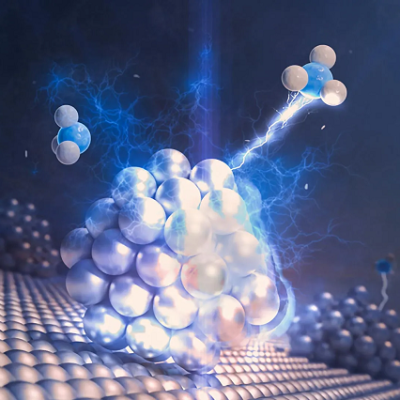Because of their large surface area per unit mass, nanoparticles of additives can have a big impact on the properties of plastics, such as changing the crystallization temperature, and improving heat transfer, electrical properties (conductivity) and mechanical properties, as well as improving surface finish and brilliance and antibacterial properties. Although the incorporation of nanoscale fillers into polymer melts is an established technology, the process can be problematic due to the formation of agglomerates.
Now, after six years of development work, Gneuss Kunststofftechnik GmbH (Bad Oeynhausen, Germany; www.gneuss.com) offers an industrial-scale process that enables the introduction of individual nanoparticles (from 1 to 1,000 nm) into polymers, without the formation of agglomerates. This is done by means of a liquid suspension, which not only prevents agglomeration, but also prevents the release of potentially hazardous particles into the environment.
In the process (diagram) the polymer is first plasticized, then flows through a mixing and hydrolysis chamber, where a suspension is injected under pressure into the polymer. The mixture of polymer and suspension flows into a devolatilizing extruder that Gneuss developed for this process. With a mixture of polymer (>70%) and suspension (<30%), the suspension carrier is removed within less than 5 s. In such a short time, the nanoparticles are completely embedded in the polymer, and there is practically no damage to the polymer, says the company.
With the Gneuss Nano Compounding Technology, it is possible to achieve the same material properties with a major reduction in the quantity of additive needed, says the company. In many cases, the desired properties are achieved with such a small quantity of additive, that unwanted side effects are negligible. For example, a polymer can be made conductive by adding carbon nanotubes, without the need for the polymer to be completely black.
Read the original article on Chemical Engineering.







